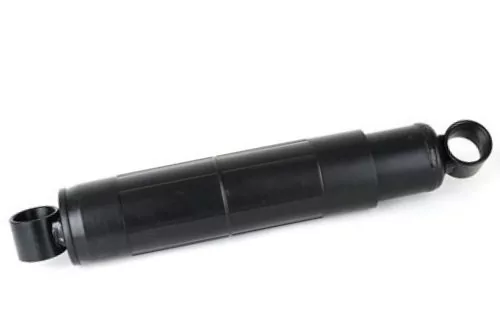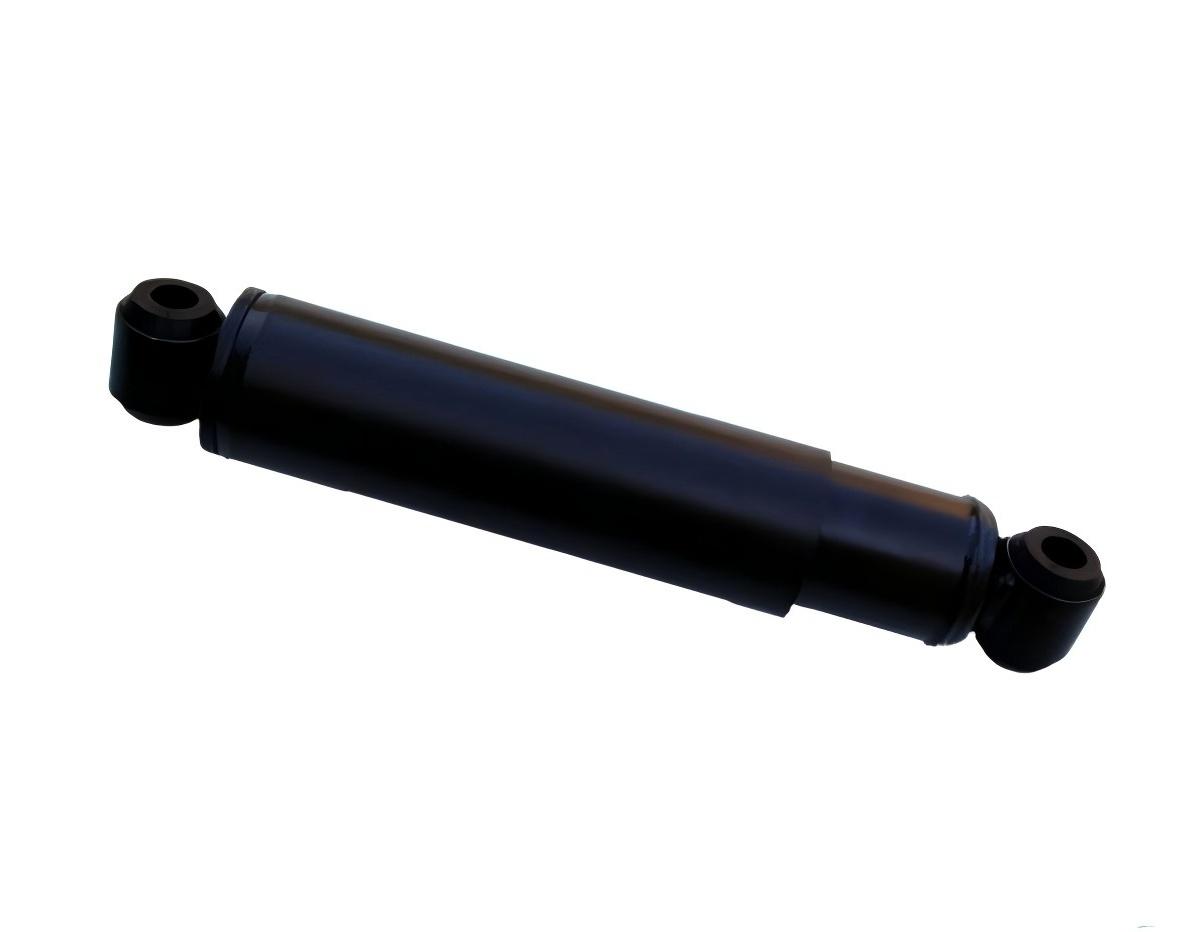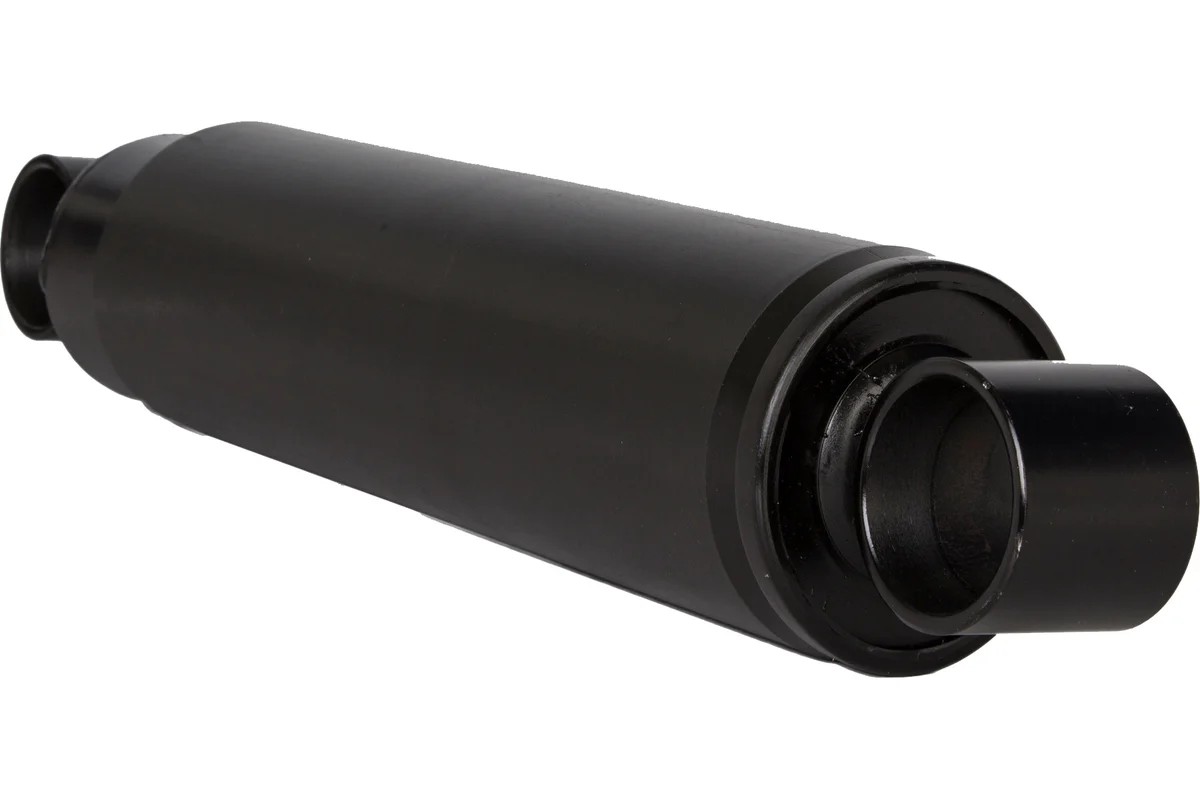Rear Axle Damper A1-237/412.2905006-01 15.2905006-41
1. Short dynamic response time:
Fast response to vibration, can quickly absorb and disperse the impact energy in a short period of time, improve the stability and safety of the equipment.
2. Small friction resistance:
Friction control resistance is relatively small, generally less than 1% to 2% of the rated load, which helps to reduce energy loss and improve equipment efficiency.
The Rear Axle Damper A1-237/412.2905006-01 15.2905006-41 is a hydraulic shock absorber that consists of a spring, a piston, and a reservoir cylinder, which transmits energy through the fluid for damping and effectively reduces vehicle vibration.
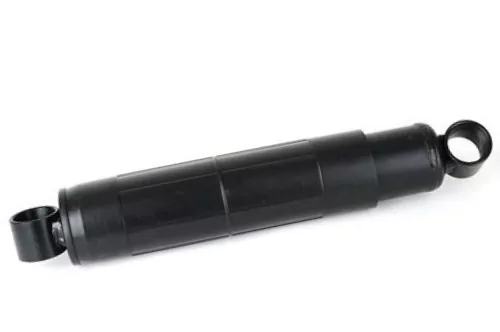
Product Description
OE No. | A1-237/412.2905006-01 | Reference No. | 15.2905006-41 |
Length 1 | 414mm | Length 2 | 657mm |
Diameter | 76mm | Piston rod diameter | 25mm |
Weight | 6.35kg | Car makes | MAZ semitrailer |
System | Twin-Tube | Fixing method | Top eye |
Type | Oil Pressure | Construction | Telescopic Shock Absorber |
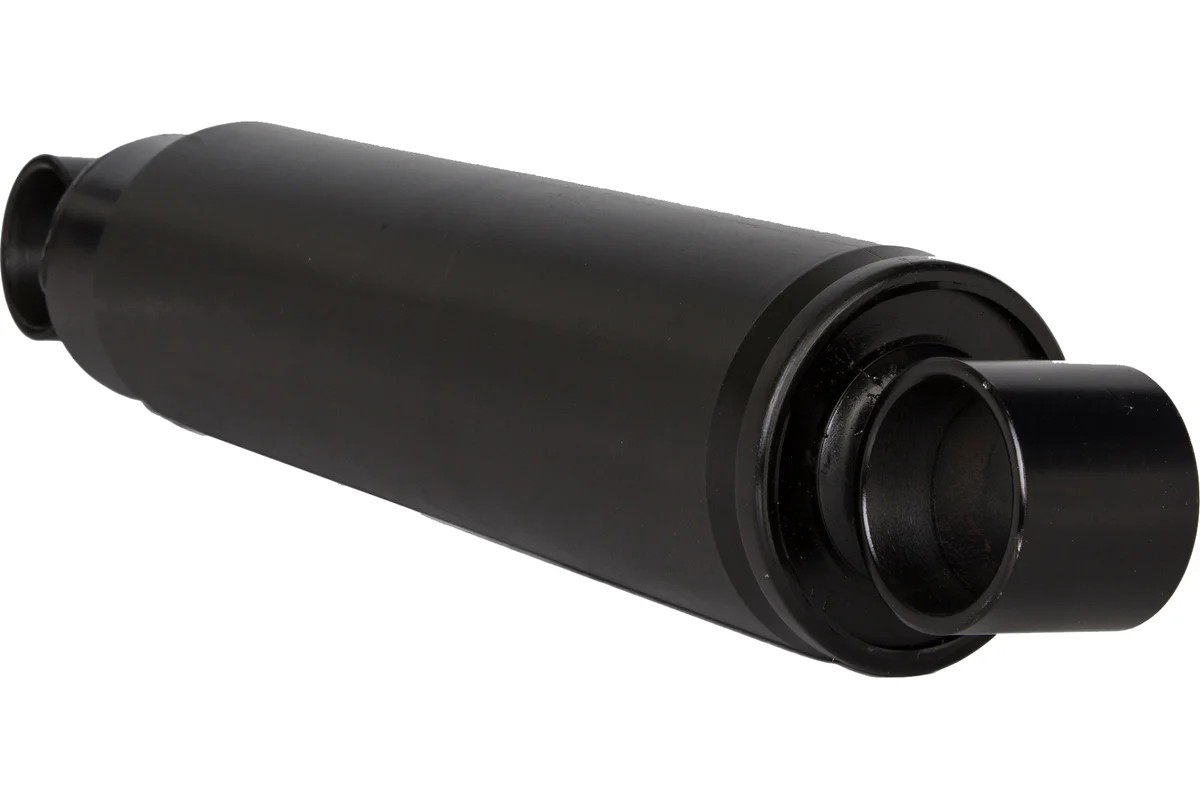
Structural differences between different types of shock absorbers
Unidirectional acting shock absorber:
Acts only during the recovery stroke (i.e., the process of returning the spring to its original state), absorbing and dissipating vibration energy through a throttle or valve within the shock absorber core.
Two-way acting shock absorber:
Acts in both the compression stroke (i.e., the process of the spring being compressed) and the recovery stroke. This type of damper usually has a more complex structure and higher performance requirements.
Gas shock absorbers (e.g. gaseous shock absorbers):
Using a gas (e.g., nitrogen) as the working medium, damping is achieved through compression and expansion of the gas. Its structure usually includes a closed gas chamber and a movable piston, which is equipped with a throttle valve to control the flow rate of the gas.
Electromagnetic shock absorber:
Utilizes electromagnetic force to regulate the damping force of the shock absorber. The structure usually consists of an electromagnetic coil and a movable magnet or iron core, and the damping force is adjusted by changing the current in the electromagnetic coil to produce different magnetic forces.
Related News
Submitted successfully
We will contact you as soon as possible

